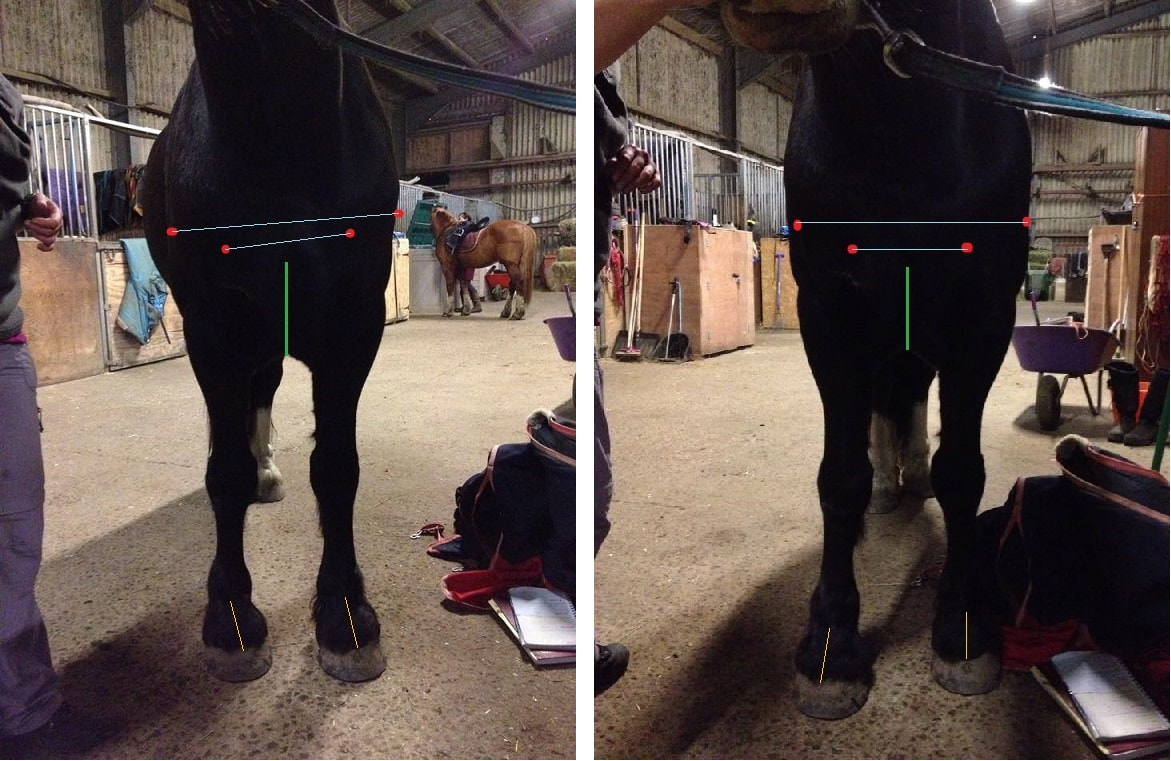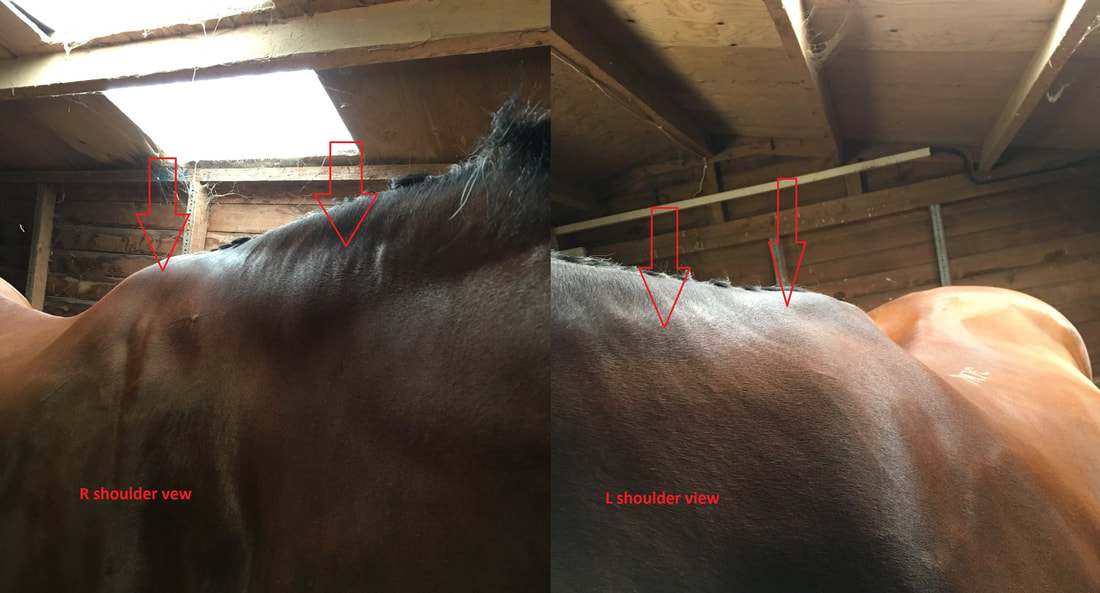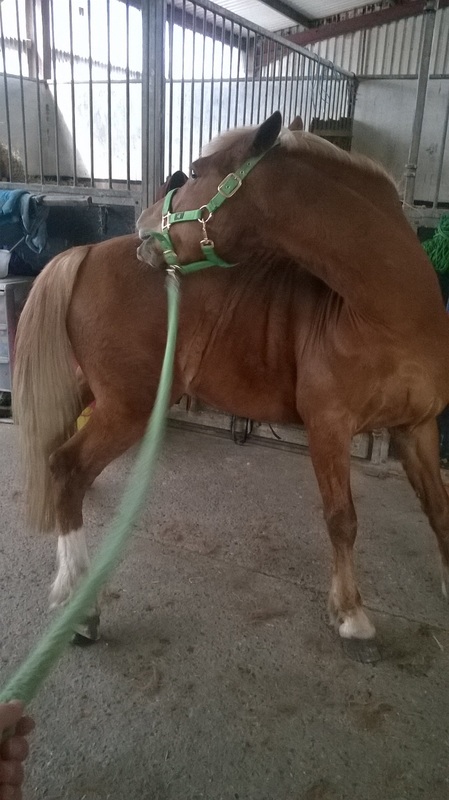Equine Physiotherapy
Any horse may benefit from physiotherapy, not just those working at high levels. |
Any horse can benefit from physiotherapy, from 3-day-eventers and Grand Prix competitors, to the occasional 'happy hacker'. Most horses are expected to work, and ensuring that they aren’t afflicted with any restrictions or discomfort will allow them to perform to the best of their ability, whatever that may be. A ‘back check’, a full musculo-skeletal health check of the entire body, is recommended at least every 6 months or so. This allows for any potential issues to be detected and treated before they lead to more serious problems.
|
What happens during an appointment? |
During the first session with a new client, a detailed history will be taken. This will be followed by an in-hand gait assessment. If appropriate, the horse may need to be shown on the lunge and/or ridden. The horse will then be palpated, and you will be given an explanation of the findings. Based on a combination of the assessment, previous medical history and your aims, a treatment plan will be devised.
Equine treatments will be carried out at the premises where the horse is kept. There must be a suitable treatment area, though this may vary depending on the weather! There must be shelter from wind or rain, and the horse must be dry. Please ensure that a competent handler (preferably yourself) can be present throughout the session. Please have any saddles that you use available. Consent must be obtained from your vet prior to treatment, this usually only requires an email or phone call. |


